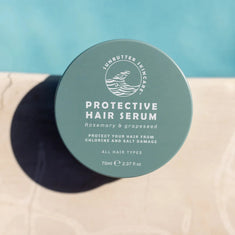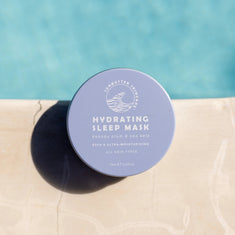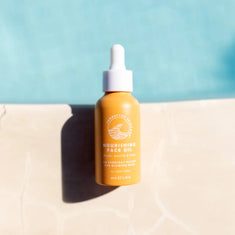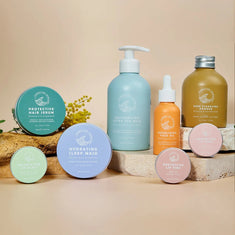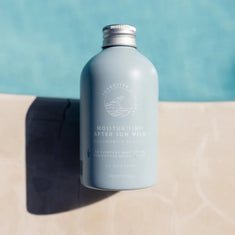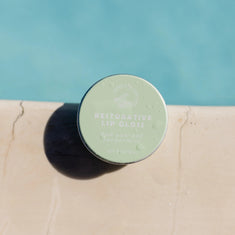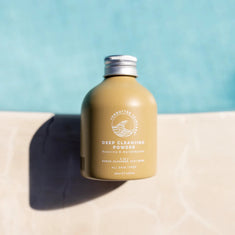How to recycle old mattresses, textiles, cables and more
Most of us are now pretty au fait with the whole waste-reduction thing: we reuse what we can, recycle what we can, compost what we can, donate what we can, upcycle what we can and minimise our actual waste as much as we can.
But there are certain items that have us scratching our heads: What do we do with mattresses we no longer need? How do we dispose of old batteries? Phones? Electrical cables? Bras? Pillows? Textile scraps? How can these things we re-used?
We've done a little digging to figure out these common conundrums for you.
1. Old clothes and clothing scraps can be picked up by Upparel
We were so excited to learn about this one. These guys will come and pick up sealed boxes of items including clothing and clothing scraps, pairs of shoes, socks, bags, sheets, curtains and more. They then donate what they can to charity (which ends up being about 65 per cent of what they receive) and recycle what they can't donate. Clothing that isn't wearable is shredded and turned into new items (including the socks and underwear they sell on their website), while the rubber from shoes can be turned into new shoes or sporting courts. It costs from $25 to have your goods collected and the first time you use Upparel, you'll get a $25 credit for their online store. Pretty cool, hey?

2. Second-hand mattresses and bed bases can be collected by a mattress recycling company
Melbourne's Mattress Recycling tell us that Australians dump 1.25 million mattresses per year into landfill. But it doesn't have to be! Mattress Recycling are able to recycle 97 per cent of mattresses by repurposing the mattress components (springs, foam, fabric, timber and so on can be turned into various new products) — and for a very reasonable price, too. Other companies include Soft Landing (which services Melbourne, Sydney and Perth) and Mattress Recycling Australia (which is Australia-wide).

3. Wetsuits can be sent to Rip Curl
A couple of years ago, Rip Curl trialled a system where they received old wetsuits and recycled or up-cycled them. It must have been a hit because they're keeping it going indefinitely! If you have an old wetsuit that you've outgrown or that's riddled with holes, you can post it to Rip Curl in Torquay, who will either break it down into a material that can be used in bitumen, or, if it's still in good enough condition, donate it to Surfing Victoria’s Indigenous Program. You can send them rubber thongs, too. You can send your wetsuits to Wettiebags for upcycling — they're based in WA but say to email them if you're interstate.

4. Washed-up phones can be given to Mobile Muster
This is a biggie, considering electronic waste (or "e-waste") is growing three times faster than general waste in Australia (yikes!). It's no wonder, considering that many electronic products aren't designed to last more than a couple of years and that tech companies are forever dangling new (and "improved") products in front of our faces. You might have even heard that there are three times as many mobile phones in Australia as people, which beggars belief when you consider the population groups in this country that don't even own phones. Ideally, we wouldn't be buying so many of these products. Yet if you do need to dispose of an old phone, Mobile Muster can help you out. They'll dismantle the phone and use elements like plastic, glass, metal and lithium to create new products (which uses far less energy that creating these items from scratch). There are 3,500 Mobile Muster drop-off points around the country.

5. Broken electrical cables and accessories can be taken to Suez drop-off points
Suez, a company that operates across Australia and New Zealand, has established drop-off spots around the country to hand in not just your electrical cables but also TVs, old computer monitors, laptops, iPads and other tablets (but not mobile phones), speakers, headphones, computer mice, printers, scanners and more. All of these items contain materials that are potentially hazardous to the natural environment if dumped in landfill, and that can be recycled to make new products. You can view their locations and get more info here.

6. Batteries and light globes can be dropped off at some supermarkets, hardware stores and council offices
Another tricky one, especially since batteries and globes contain potentially toxic elements. Fear not: dead batteries are accepted at Aldi supermarkets, IKEA stores and certain council drop-off points, while blown globes can be handed in at local councils, IKEA stores and Bunnings stores. Once again, these items contain valuable materials that can be reused to make new products.
If you live in Sydney, there's also RecycleSmart for e-waste and other random articles of problem waste.
